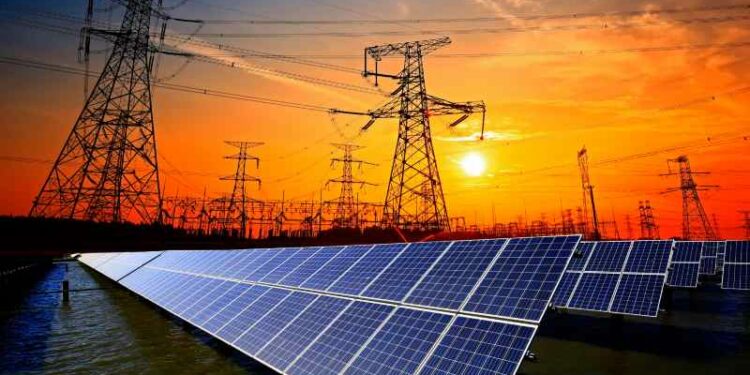The Kenyan government zero rates the importation of some inputs like solar panels and inverters to encourage sales. During the inaugural Africa Climate Summit in Nairobi, Kenya, President William Ruto, echoed that Africa can manage to depend entirely on renewable energy.
Read More: Navigating Africa’s Aviation Landscape with Green-Tech & Sustainable Solutions
However, solar technology that is imported into Kenya continues to be taxed with import duties and retailers often have to charge over 15 percent value added tax making consumers foot the high cost of going green.
Solar energy’s reliability and lower cost despite initial high installation capital has attracted steel manufactures and edible oil factories who form some of the biggest clientele for a company based in the capital, Nairobi.
The Solar Managing Director for Clean Power Rashmi Shah said the company has done 25,000 kilowatts of installations in the last six years adding that “it’s very clean energy” and clients are able to recover their initial costs with savings made within the first four years.
Despite the company’s focus on industries, some home installations including that of Shah’s house have enabled him to be completely off grid, saving him from a recent national blackout where those relying on the electricity distributor Kenya Power and Lighting Company, including the country’s main airport, were in the dark for hours.
Read More: Nurturing Africa’s Biodiversity Through Innovation & Eco Education
The World Bank notes that the deployment of solar mini grids has increased in Sub-Saharan Africa, from around 500 installed in 2010 to more than 3,000 installed today. The UN’s environmental agency says 60% of the world’s best solar sites are located in Africa and says there is still a great potential as this only harnesses 1% of the power.









